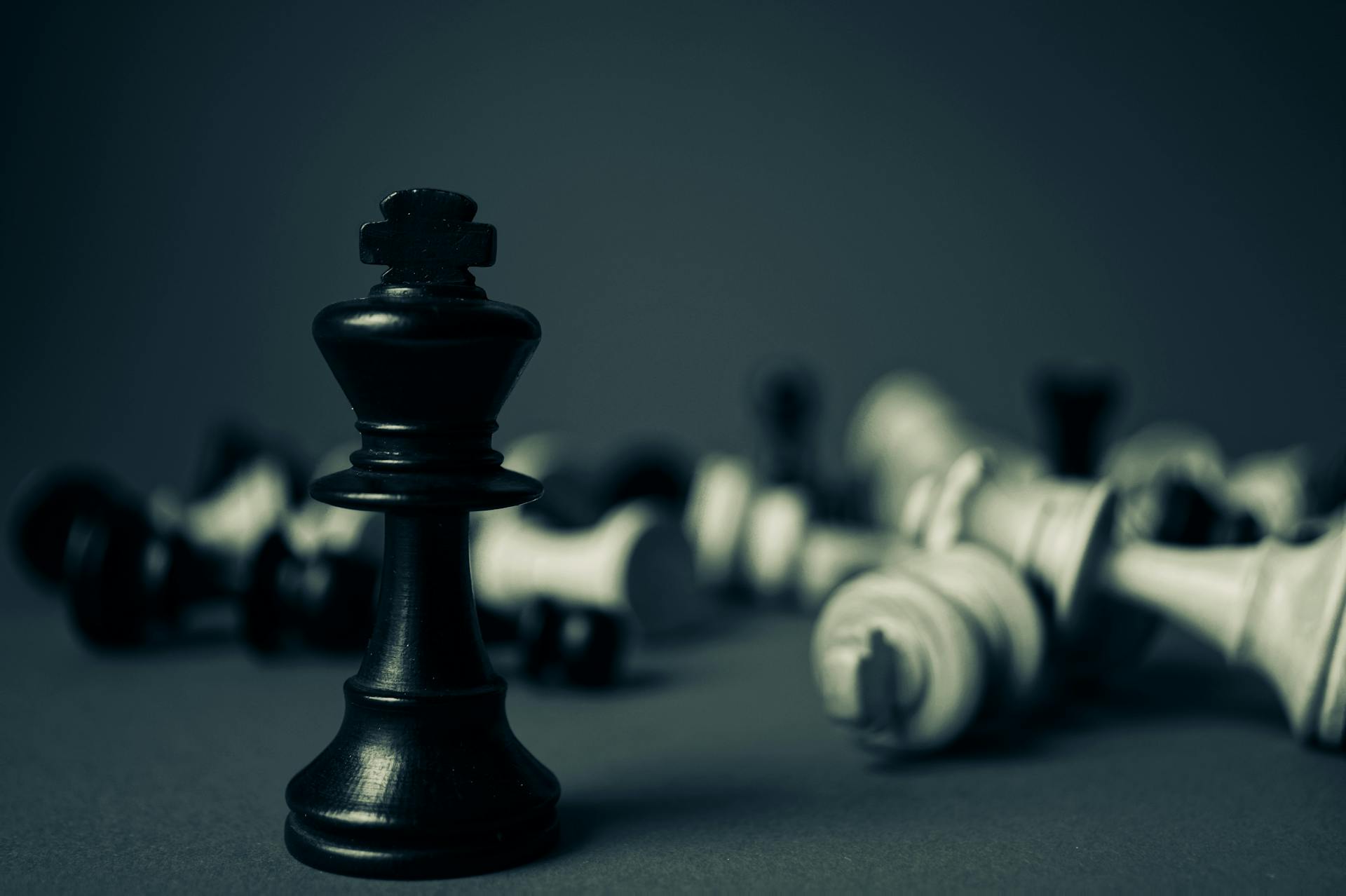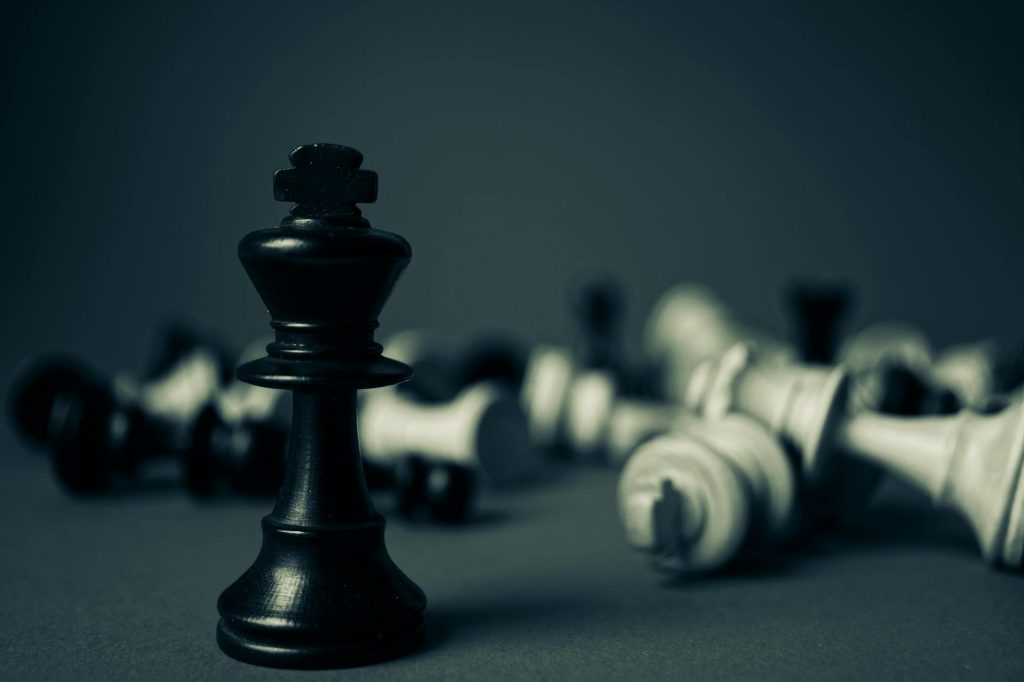Modern life has turned us into digital addicts who check their phones before their feet hit the floor each morning, scroll through feeds while people are mid-sentence, and feel buzzes from devices sitting silent in their pockets. Our attention spans have shrunk, and patience has become extinct. The bitter irony is that while we have access to more knowledge than every previous generation combined, we can’t stick with any single piece of it long enough to learn something.
This mess affects everyone: from people who juggle five browser tabs just to write one email to CEOs who sneak phone glances during board meetings. We’ve built a society where distraction is the baseline, and real concentration feels like a superpower. However, the solution does not require expensive courses or complicated meditation apps. It has been in front of us for thousands of years: traditional games that keep your mind sharp and reward those who think before acting.

How Ancient Games Rebuild Mental Strength
The biggest issue with most focus-improvement programs is that they assume you can just flip a switch in your brain and suddenly pay attention. Meditation apps tell you to “be present” as if that means anything to someone whose mind bounces around like a pinball. Productivity gurus pile on systems that require more brainpower to manage than the actual work. Brain training games feel like boring homework that has nothing to do with real life.
Strategic games work differently because they trick your brain into concentrating. When you’re playing Mahjong and tracking which tiles other players have thrown away while figuring out what you need to win, you’re not thinking about your phone or what’s for dinner. Your mind locks onto the game because it has to. Miss something important and you lose – it’s that simple.
Players who want to try this can visit the new site, which has real Mahjong games online. The site keeps all the traditional rules that make the game mentally challenging while making it easy to find opponents and start playing immediately.
Chess and Go work the same way but target different mental skills. Chess forces you to think multiple moves ahead while tracking immediate dangers on the board. Go players have to spot patterns across enormous grids where one careless move early on can destroy hundreds of careful decisions that follow. Both games punish hasty decisions and reward people who slow down to think properly.
What makes these games special is that they won’t let you multitask. Try checking your email during a serious chess match, and you’ll get destroyed. Your brain has no option but to lock in, which strengthens the mental muscles you use for everything else.
Why Your Brain Responds to Game-Based Training
Scientists who study the brain have found something fascinating about people who play strategy games regularly. Brain scans show that Mahjong players have much stronger activity in areas that handle memory, pattern recognition, and staying cool under pressure. These are precisely the brain regions that weaken when we are constantly switching between tasks and never truly focusing on anything.
The key is what researchers call “good difficulty” – challenges that require you to work hard but do not frustrate you into quitting. Traditional games hit this sweet spot naturally because they work on multiple levels at once. Someone just learning might focus on basic moves, while a seasoned player is thinking about psychology and long-term strategy simultaneously.
Japanese schools that brought Mahjong into classrooms watched their students crush memory tests and stay cool during exam stress compared to kids who spent that time on regular activities. Adults who maintained regular gaming schedules reported improved work performance and less mental fatigue during difficult projects. The games are similar to attention span exercises.
Who Gets the Most Out of Strategic Gaming
These games help people at every stage of life, but in different ways, because it depends on what challenges they face. What makes them special is that the basic mental skills carry over between ages, while they tackle different problems and life situations:
- Kids and teenagers learn to plan and deal with disappointment when their strategies don’t work out. Strategic games teach young people to control their emotions during competition and think before acting. This helps with schoolwork and social situations that require patience and careful thought.
- Working adults find that gaming sessions clear their heads and often lead to creative solutions for problems they couldn’t solve earlier. The brain work required to track complicated game moves uses the same mental muscles needed for tough work decisions. It’s like cross-training for thinking skills.
- Older adults who play strategic games regularly maintain sharper memories and quicker thinking. Social interaction fights loneliness naturally. The mental challenges keep minds active and sharp.
How to Make This Actually Stick
Strategic games won’t magically fix your attention span if you treat them like casual entertainment. The people who see real improvements approach these games with the same intensity they’d bring to important work projects. They block out sacred time each week for sessions that run at least 45 minutes without any digital interruptions. Phones get turned completely off, not just silenced.
Start with games that push you but don’t make you want to quit, then level up to harder stuff as your mental stamina builds. Turn your sessions into mini rituals: brew something hot, clear off your table, and take three deep breaths before you touch the first piece. After each game ends, spend a few minutes thinking about when your focus felt rock solid and when your mind started to drift off somewhere else.
Beyond Gaming Benefits
Traditional games show us that slowing down makes you perform better in our speed-obsessed world. They fix thinking skills that modern life has broken while being genuinely fun to do. The improvements show up everywhere: sharper work performance, stronger relationships, less stress about daily nonsense.
What matters most is that these games demonstrate that human minds can still achieve incredible levels of focus and calm when given the proper workout. In a world that has convinced us that we are naturally disorganized and impatient, traditional games provide living proof that deep concentration is not only possible but also enjoyable once you remember how to do it.

Founder Dinis Guarda
IntelligentHQ Your New Business Network.
IntelligentHQ is a Business network and an expert source for finance, capital markets and intelligence for thousands of global business professionals, startups, and companies.
We exist at the point of intersection between technology, social media, finance and innovation.
IntelligentHQ leverages innovation and scale of social digital technology, analytics, news, and distribution to create an unparalleled, full digital medium and social business networks spectrum.
IntelligentHQ is working hard, to become a trusted, and indispensable source of business news and analytics, within financial services and its associated supply chains and ecosystems











